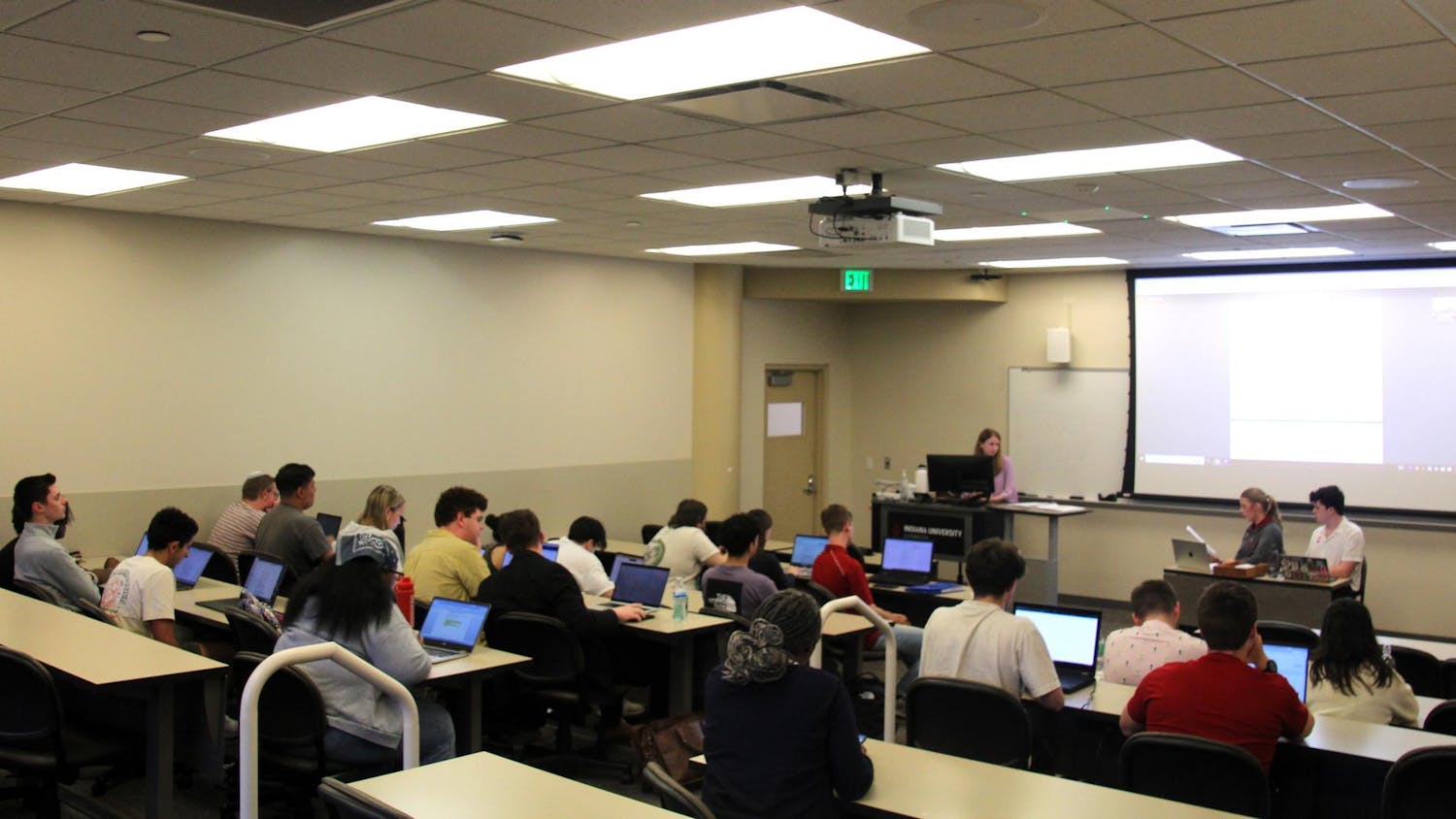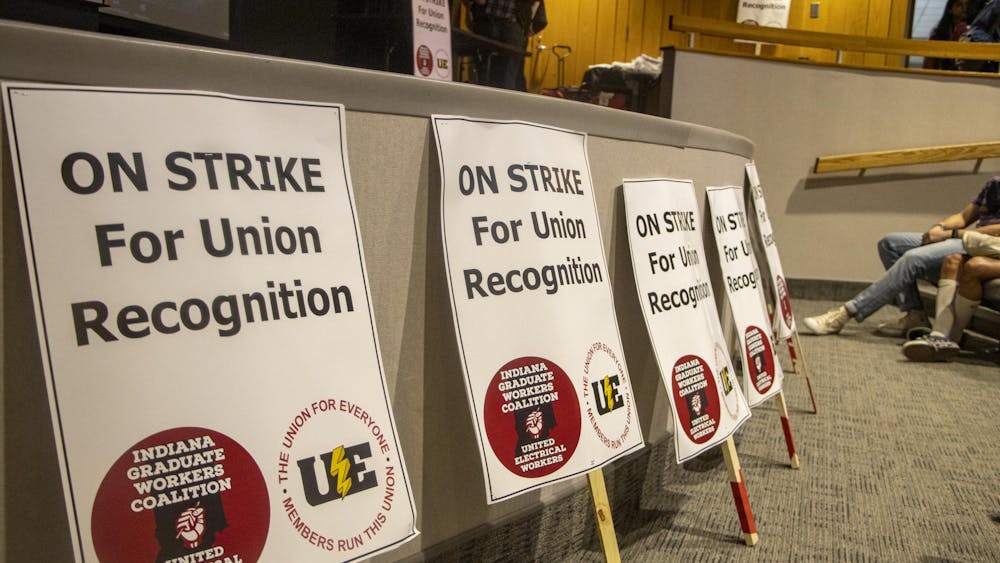Offenders throughout the Indiana correctional system no longer have a means of pursuing a college education behind bars, following a change in an Indiana prison education policy enacted in 2011.
This spring marked the last class of college degree-earners in Indiana correctional facilities.
At the time of the modification, it was widely reported that the decision stemmed from the Indiana Department of Correction. But Chief Communications Officer Doug Garrison of the department of correction said this isn’t the case.
“I think the offenders understood it wasn’t the department taking it away from them,” he said.
Prisoners were eligible to participate in the college-degree program solely through the Frank O’Bannon Grant, a grant intending to enable students in the state of Indiana to receive a college education via eligible postsecondary institutions.
The Indiana General Assembly determines how much funding the grant receives.
“(The state) no longer allows incarcerated offenders to take advantage of that grant program,” Garrison said. “We don’t have budgeted funds to run the college programs.”
Offenders often utilize the prospect of earning a college degree to work toward shortening their sentences.
This was the case for recently released child sex offenders Christopher Wheat and Daniel Moore.
Wheat was serving an eight-year sentence for sexual misconduct with a 14-year-old, and Moore a 10-year sentence for sexual misconduct with a 15-year-old member of the congregation where he was a pastor.
Both offenders served two years of their respective sentences.
Sen. Jim Merritt, R-Indianapolis, said Wheat and Moore “gamed” the system and used what credit they already had established with Oakland City University in Oakland City, Ind., to finish their degrees and become eligible to be released ahead of their sentences.
“If (the program) weren’t going to be phased out, it would have to be completely overhauled,” Merritt said. “It’s completely misused.”
Merritt added that he expects the department of correction to come forward with “creative ideas” that would supplement the previous program.
“I’m anxious to hear what they have to say,” he said.
Now, inmates wishing to pursue a college education will only be eligible to earn a work-skills certificate and select two-year associates degrees.
However, there’s a catch — the aforementioned skills and associate tracks must relate to a specific need by an Indiana employer, as reported by the Indianapolis Star in June 2011.
Financial aid for prisoners is also a thing of the past since the Indiana General Assembly passed the two-year state budget. Prior to the introduction of the new budget, state taxpayers paid $9 million to provide said financial aid to the prisoners.
More specifically, the process of eliminating the Frank O’Bannon Grant that allowed inmates to pursue a degree was birthed under provisions to the 2011 budget bill, according to the National Public Radio affiliate State Impact.
In a five-year follow-up study of inmates released from Indiana Department of Correction custody in 2005, those fielding the study found that fewer than one in 20 Indiana prisoners had any sort of college credential, and just half had a high-school level, or equivalent, education.
Among those leading the study was John Nally, director of education for the Indiana Department of Correction.
“We’ve got an inmate population that has infinite needs when it comes to education,” Nally told State Impact. “The state has finite resources.”
The process of dissolving the program has spanned about one year.
“(In 2011) we knew it’d be the last time we can count on (the program),” Garrison said.
Now, the department of correction is looking forward and dabbling with methods intended to supplement the absence of the program.
“It’s very uncertain at this time,” Garrison said.
Garrison added that there is no given timeline at this point and there’s no telling when separate initiatives will take shape.
Prisoners now ineligible for college degree grant
Get stories like this in your inbox
Subscribe





